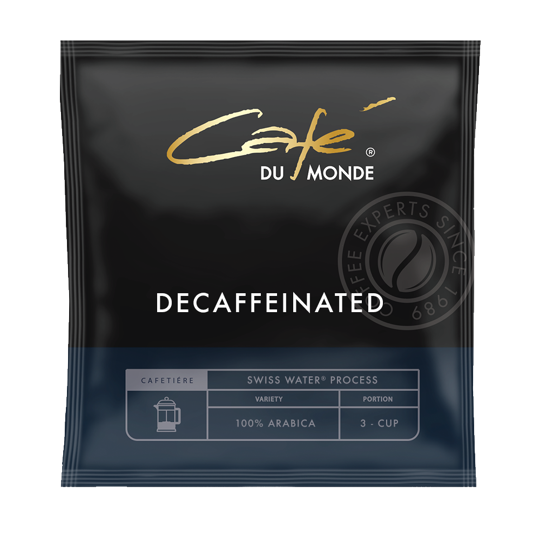
Decaffeinated
As the Swiss Water Decaffeinated Coffee Company in Canada purchases coffee from all over the world, the decaffeinated coffee available from them changes according to the originals they have used.
£16.76
View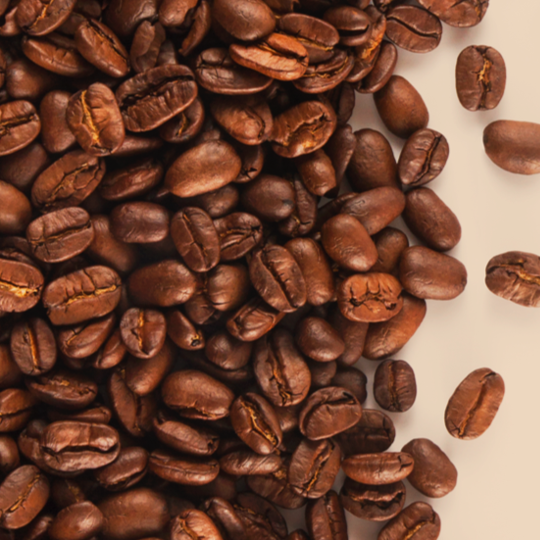
Find out about how much caffeine is in decaf coffee.
It is no secret that coffee is one of the most popular drinks worldwide, but some drinkers may find that they are sensitive to caffeine and might be looking to reduce their caffeine intake. The solution? Decaffeinated (decaf) coffee - it can be a wonderful alternative if you’re a lover of coffee and don’t want to completely take it out of your daily routine.
When talking and thinking about decaffeinated coffee, it is important to know and remember that it isn’t 100% caffeine free. The process of removing the caffeine is called decaffeination and removes ‘the majority’ of the caffeine from coffee beans. A regular cup of coffee contains about 95 mg of caffeine in comparison to decaf brew, which has about 2 mg of caffeine.
Decaffeination is a process which removes the majority of caffeine from coffee beans. In terms of how this actually happens, just like regular coffee this process begins when the coffee beans are green and in their unroasted state. Decaffeination methods are complex and should be left to the experts, but in case you’re interested in what this involves, methods behind making decaffeinated coffee have been around for centuries and are still being used today. There are four main processes commonly used which include solvent-based and non-solvent-based processes.
Non-solvent processes involve the use of Swiss Water, or using water and carbon dioxide. Solvent-based solutions mean adding a mixture of water and solvents either directly or indirectly to the beans.

Decaffeinated coffee is a reduction of caffeine - so it does still contain a small percentage of caffeine in the coffee. The decaffeination methods discussed above all remove around 97% of the caffeine in coffee beans.
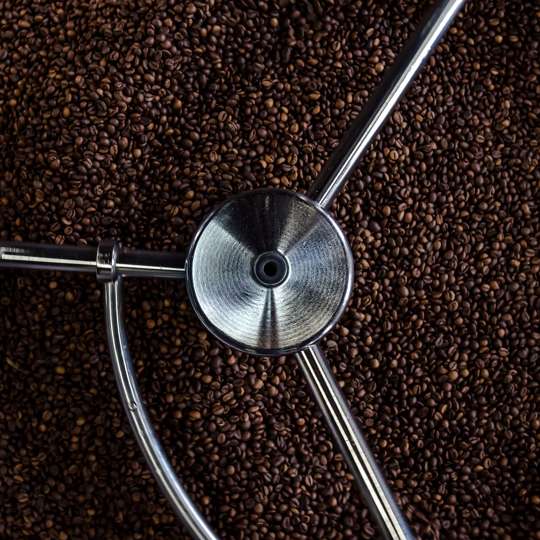
There are myths of some decaf options that are 100% caffeine free. We’re yet to discover this - and we would call ourselves experts in the field. No decaffeination process can remove every trace of caffeine from a bean - however, there are processes such as coffee decaffeinated with the Swiss Water method that can result in a coffee that’s 99% caffeine free.
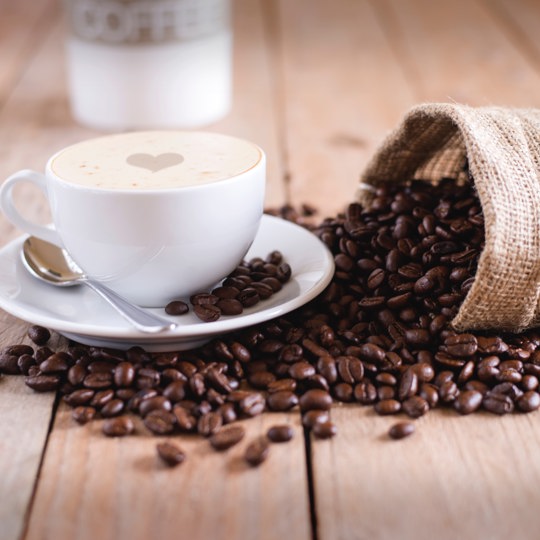
Now you know a bit more about what decaf really is, some of the myths around it and the methods used to remove the caffeine from the coffee beans, let’s talk about some of the benefits of drinking a decaf cuppa, and why some might prefer this coffee. It’s important to note that the benefits and risks of coffee and decaf options aren’t the same for everyone. While for some even one cuppa can be too much and have negative effects , others may feel fine to enjoy several cups each day.
Decaf coffee includes vitamin B3, which can help cleanse your body, acting almost as a detoxifier. It has an impact when it comes to combating free radicals and foreign materials that can be an outcome of stress and anxiety. Another benefit can be improved memory. Decaf coffee features compounds called polyphenols, which are known to boost alertness and memory performance. In addition to a smaller percentage of lack of sleep and anxiety that some coffee drinkers may experience, decaf can also lower the risk of diabetes, heart disease and cancer.
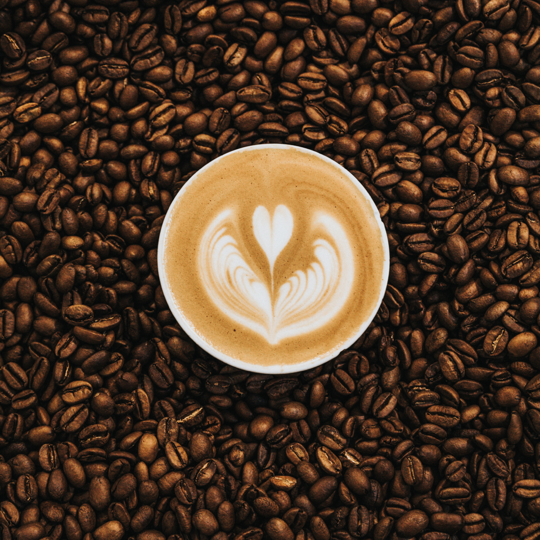

As the Swiss Water Decaffeinated Coffee Company in Canada purchases coffee from all over the world, the decaffeinated coffee available from them changes according to the originals they have used.
£16.76
View
Each fully biodegradable bag contains Rainforest Alliance Certified. 100% Fresh Ground Arabica coffee.
£34.60
View